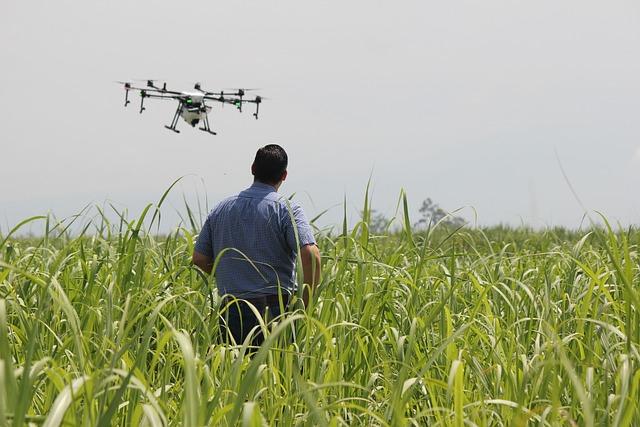The Potential of Precision Agriculture in Pakistan
In the evolving landscape of agriculture, precision agriculture is emerging as a pivotal practice that can enhance crop productivity and sustainability. In Pakistan, a country where agriculture significantly contributes to the economy, the integration of precision agriculture technologies can revolutionize farming practices. This article delves into the potential of precision agriculture in Pakistan, its benefits, practical tips for implementation, and real-world case studies.
What is Precision Agriculture?
Precision agriculture, often referred to as site-specific crop management, utilizes technology to monitor and manage field variability in crops. The core objective is to optimize returns on inputs while ensuring sustainability. This is achieved through:
- Data collection and analysis
- Geographic Information Systems (GIS)
- Remote sensing
- Variable Rate Technology (VRT)
The Current State of Agriculture in Pakistan
Pakistan’s agriculture sector is not only a backbone of the economy but also a provider of livelihoods for millions. Yet, traditional farming methods often lead to inefficiencies and resource wastage. The need for modern techniques like precision agriculture has never been more urgent.
Benefits of Precision Agriculture in Pakistan
1. Enhanced Crop Yield
Through precise application of water, fertilizers, and pesticides, farmers can achieve higher crop yields. This efficiency translates into improved food security.
2. Resource Conservation
By optimizing input usage, precision agriculture helps conserve essential resources. Farmers can reduce water usage by as much as 30% through targeted irrigation techniques.
3. Cost Reduction
Though the initial investment in technology might seem daunting, long-term savings through reduced input costs and increased efficiency translate into profitability.
4. Environmental Benefits
Reducing chemical runoff and improving soil health are direct benefits of precision agriculture, contributing to a healthier ecosystem.
Technological Tools for Precision Agriculture
Pakistan is witnessing growing adoption of several advanced technologies, including:
- Drones: Used for aerial imagery, soil monitoring, and crop health analysis.
- Soil Sensors: Monitor soil moisture and nutrient levels, providing real-time data for decision-making.
- GPS Technology: Allows for the accurate application of inputs and efficient field mapping.
Case Studies: Success Stories of Precision Agriculture in Pakistan
Case Study 1: Punjab Cotton Farmers
In Punjab, cotton farmers adopted precision agriculture techniques using drones for crop monitoring. The result was a 20% increase in yield coupled with a reduction in pesticide use by 15%. This success showcases how technology can drive productivity.
Case Study 2: Sindh Rice Cultivation
Rice farmers in Sindh implemented soil sensors to optimize irrigation. The outcome was a remarkable 25% decrease in water usage while maintaining yield, underscoring water conservation through technology.
Getting Started with Precision Agriculture
For farmers interested in adopting precision agriculture, here are some practical tips:
- Conduct a Needs Assessment: Evaluate the specific needs of your farm, including crop type and environmental conditions.
- Invest in Education: Attend workshops and training sessions on precision agriculture technologies.
- Start Small: Begin with one technology, such as soil sensors, before expanding to more sophisticated tools.
- Collaborate: Work with local agricultural experts and institutions for guidance and support.
Challenges to Implementation
While the potential benefits are immense, there are challenges to implementing precision agriculture in Pakistan:
- High Initial Investment: The cost of technology can be a barrier for many smallholder farmers.
- Lack of Awareness: Many farmers are unfamiliar with the benefits and operations of precision agriculture tools.
- Infrastructure Issues: Areas lacking technological infrastructure may struggle with implementation.
Conclusion
Precision agriculture represents a transformative opportunity for Pakistan, promising increased productivity, sustainability, and economic viability. By implementing advanced technologies and practices, farmers can optimize their operations and enhance their resilience against the challenges of modern agriculture. As awareness grows and accessibility improves, the future of farming in Pakistan is set to evolve, leading to a more prosperous and sustainable agricultural sector.



